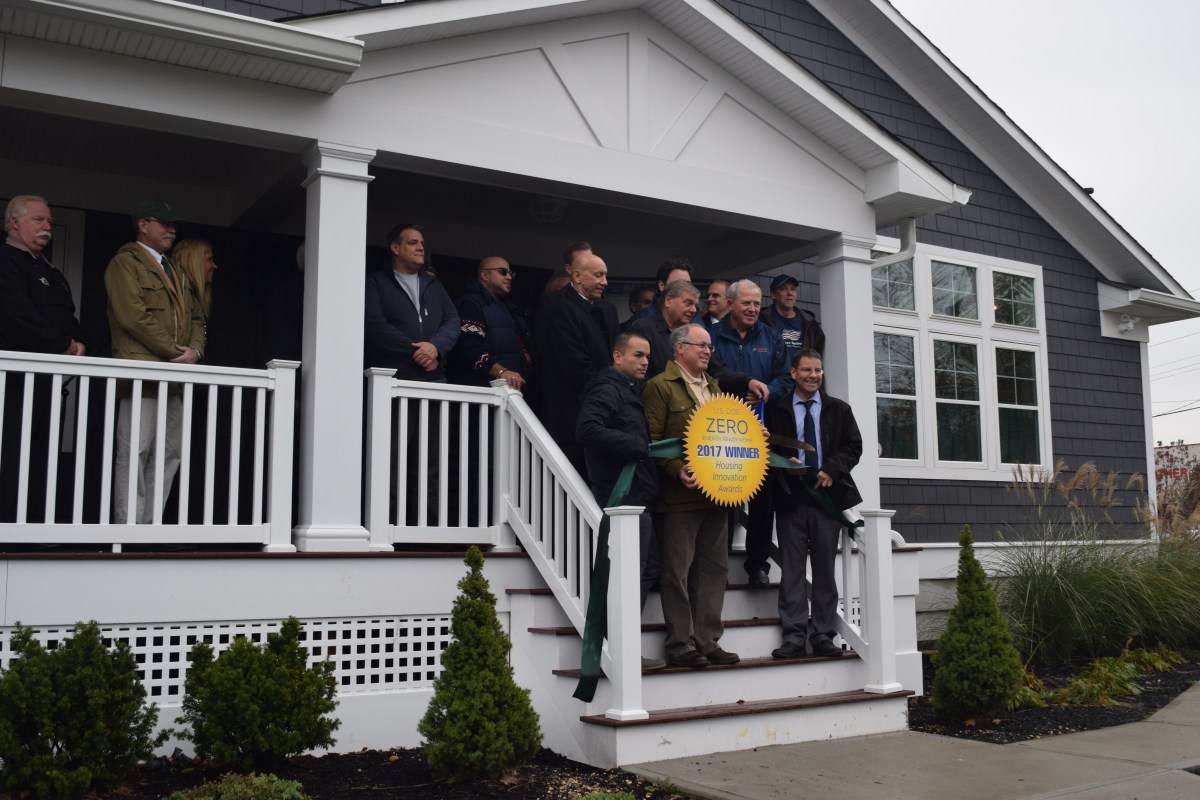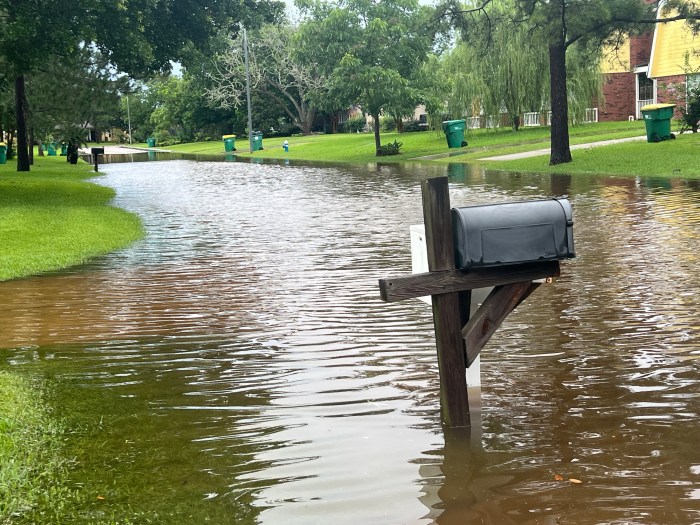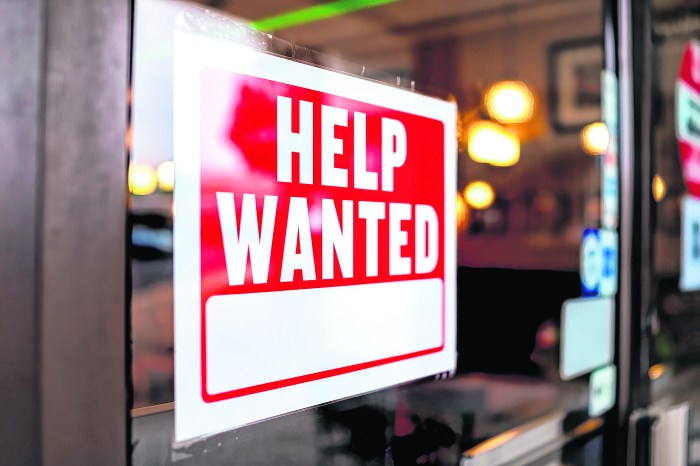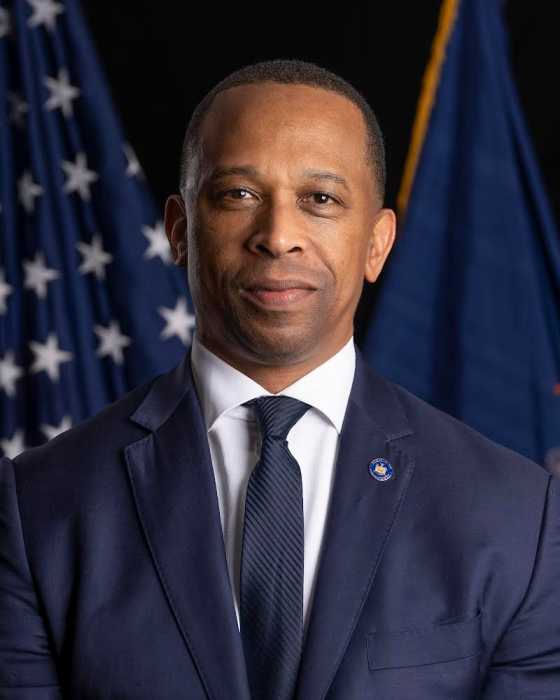Reducing poverty in low-income neighborhoods. Offering housing opportunities for people with AIDS. Helping those struggling to make ends meet pay their home heating bill. Building homes for the homeless. Scholarships galore.
These are just some of the many health, education and anti-poverty projects underway at the United Way of Long Island, the local chapter of the 130-year-old global nonprofit that’s forged more than 100 partnerships with the goal of increasing impact and reducing costs. They aim to help entire communities at a time, but they don’t just help “those people.”
“The fact of the matter is ‘those people’ are us,” says Theresa Regnante, president and CEO of the United Way of Long Island. “And everybody needs to be treated with the same level of respect.”
In nearly a decade of running the group, Regnante has seen requests for assistance come from residents across LI — often those that don’t make enough to survive, but make too much to qualify for government assistance.
Among their top initiatives of late is helping veterans. Last month, the group held a grand opening for “the house that vets built” in Huntington Station, their third such venture on LI. Veterans who moved into the house won’t have to worry about the electric bill since it’s a zero-energy home — a house so energy efficient it won the group its third consecutive award from the U.S. Department of Energy.
“Anybody who goes out and fights for the homeland should have a house to come home to,” Regnante says, adding that it’s “not sustainable to move them into a house with a big LIPA bill.”
But the biggest need on the Island isn’t something that can be calculated as easily as a poverty rate or donation check.
“There has got to be more people that have compassion,” Regnante says. “The biggest need is really having more people to have compassion. If you’re lucky enough to walk through life being able to give back, you should. Eighty percent of humanity is not that way.”


































